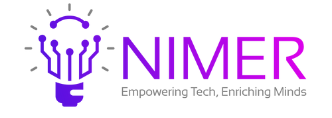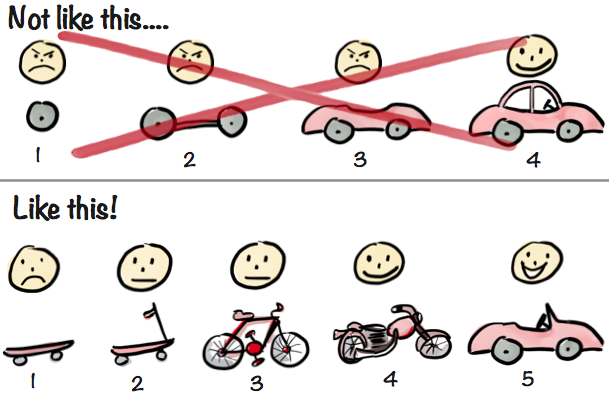Future-Proof Careers: The Skills That Will Still Matter in 2030
The job market is changing faster than ever. AI is automating tasks once done by humans, remote work is the new normal, and entire industries are being reshaped by technology. But while job titles will change, one thing won’t: employers will always value certain timeless skills — especially the ones machines can’t fully replace.
To stay relevant and future-proof your career, you don’t need to chase every new trend. You need to master the skills that will still matter in 2030, no matter what industry you’re in or how technology evolves.
Here are the core skills that will shape the strongest careers in the decade ahead.
1. Critical Thinking: The Ability to See Beyond the Obvious
AI can gather information, summarize data, and even make predictions — but it can’t think like a human. Employers will always need people who can:
- evaluate information
- spot bias
- ask the right questions
- interpret complex problems
- make thoughtful decisions
In a world full of noise, the ability to think clearly is priceless.
Why it matters:
Critical thinkers prevent costly mistakes and create smarter strategies — something no algorithm can fully automate.
2. Emotional Intelligence: The Skill AI Can’t Copy
Emotional intelligence (EQ) is becoming more valuable than IQ. It includes:
- empathy
- communication
- self-awareness
- conflict resolution
- relationship-building
As automation grows, the human side of business becomes a major competitive advantage.
Why it matters:
Teams run smoother, customers stay longer, and leaders become more trustworthy when EQ is present.
3. Adaptability: Thriving in a Changing World
The careers of 2030 won’t be linear. You may shift roles, teams, tools, and industries multiple times. The people who win long term are those who embrace change rather than resist it.
Adaptability looks like:
- learning new tools without fear
- staying curious
- being flexible with new workflows
- leaning into innovation instead of avoiding it
Why it matters:
The most adaptable workers bounce back faster and rise higher during transitions.
4. Digital Literacy: Not Tech Genius — Just Tech Comfortable
You don’t need to become a programmer. But you do need to be fluent in the tools of modern work.
By 2030, basic digital literacy will include:
- understanding AI tools
- navigating digital project systems
- analyzing basic data
- communicating across remote platforms
- avoiding cybersecurity risks
Why it matters:
Being tech-comfortable keeps you employable across industries — and makes you stand out among those who resist change.
5. Creativity: The Human Skill That Survives Every Wave of Automation
Creativity is no longer just for artists. It’s a core business skill.
Modern creativity includes:
- problem-solving
- idea generation
- innovative thinking
- solution design
- strategic storytelling
AI can replicate patterns — but true creativity comes from human imagination.
Why it matters:
Creative thinkers develop new products, services, and solutions. They drive progress.
6. Communication: Clear, Concise, and Confident
Communication is the backbone of every future-proof career.
To succeed in 2030, you must:
- write clearly
- present confidently
- collaborate across cultures and time zones
- give and receive feedback
- simplify complex ideas
Why it matters:
In a remote-first world, communication gaps cost time and money — strong communicators become leaders.
7. Leadership with Humility
Leadership is shifting. Command-and-control is dying. People now value leaders who:
- listen
- empower others
- embrace diversity
- stay calm under pressure
- lead by example
These leadership traits will be even more important as teams become more distributed and diverse.
Why it matters:
Leaders who inspire—not intimidate—will dominate the next decade.
How to Future-Proof Your Career Starting Now
You don’t need to predict the future — you just need to prepare for it.
Here’s how to start:
- Take courses that build thinking, not just tasks
- Learn one new digital tool every quarter
- Practice communication (verbal + written)
- Develop emotional awareness
- Stay flexible and open to new roles
- Build a personal brand that highlights your strengths
These skills survive every technological shift because they’re human skills — and humans will always be needed.






